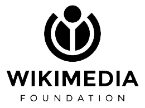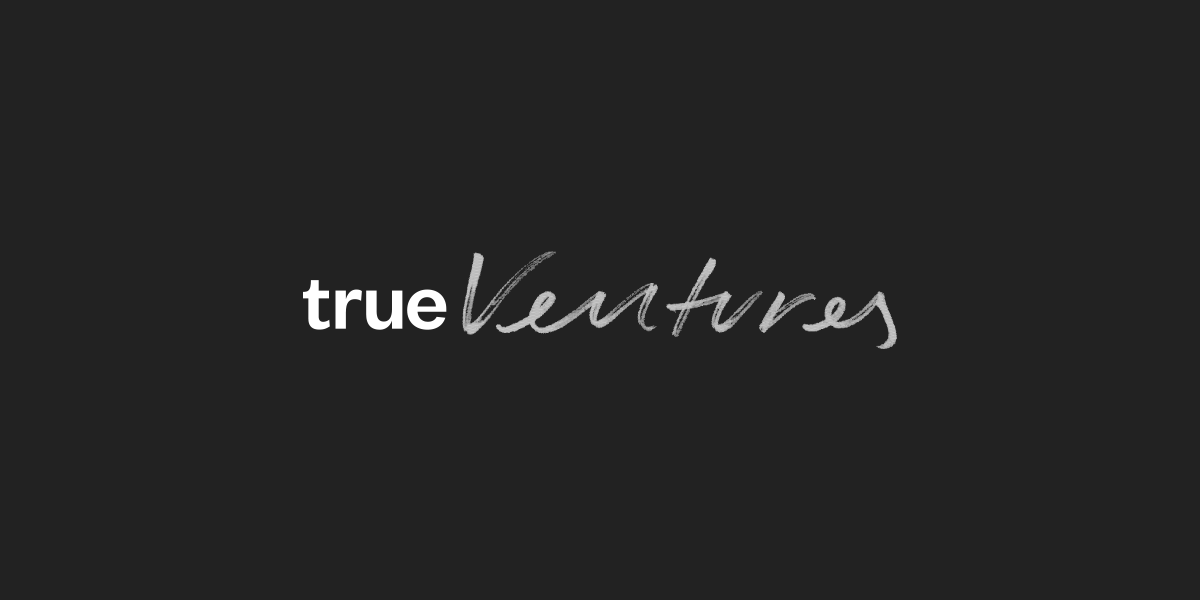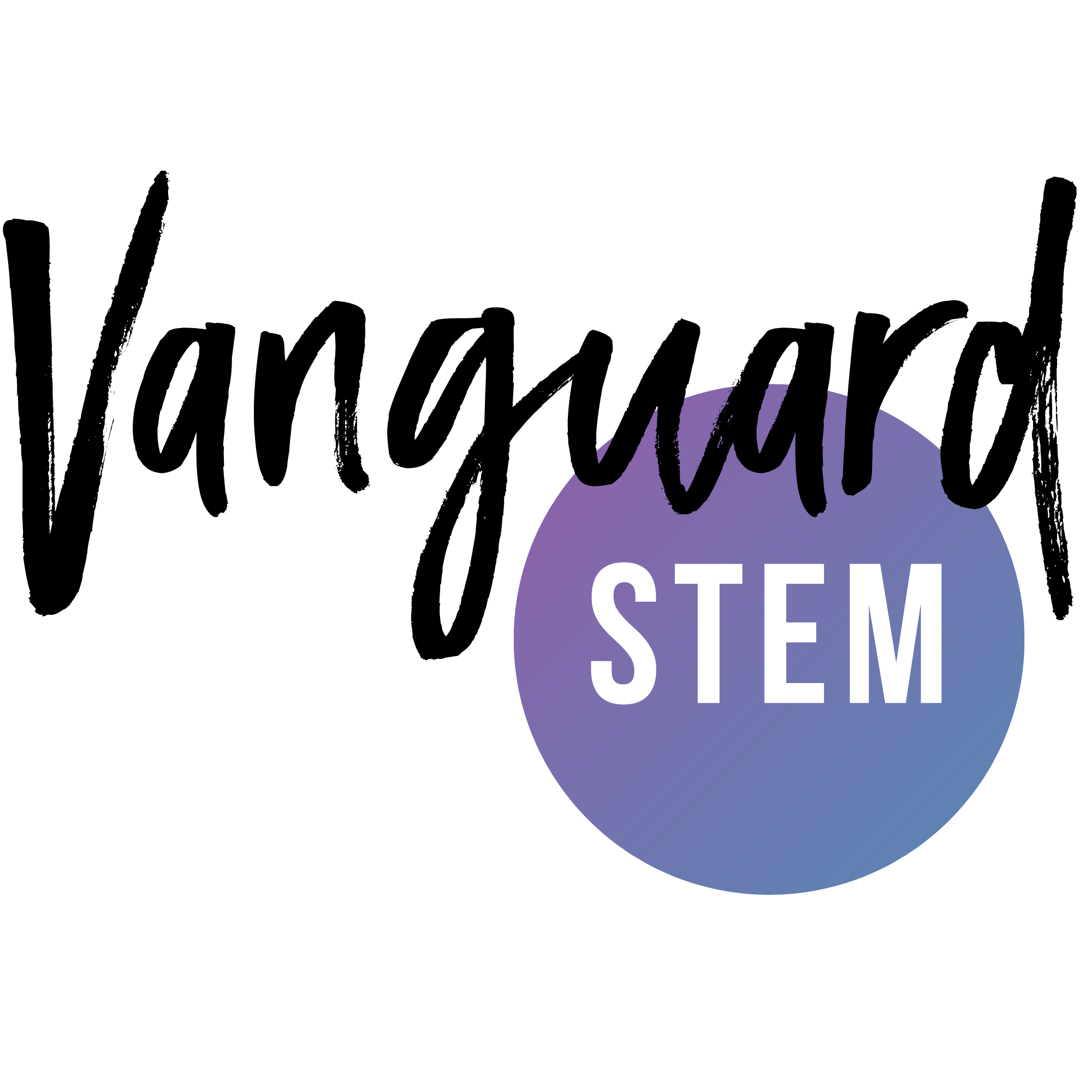about
OUR MISSION
Vanguard: Conversations with Women of Color in STEM, or #VanguardSTEM for short, is an online platform and community devoted to encouraging conversations between emerging and established women of color, girls of color and non-binary people of color in STEM.
These folks are often the first or only in their schools, departments, or workplaces so we’ve built an online community where we can come together to recognize expertise, share stories, combat struggles, and celebrate the accomplishments of other women and non-binary people of color in STEM.
Our online community programming connects folks of all stages and ages with peers and mentors who share their identities. Our articles, blogs, and academic literature helps people of any identity build safe spaces for people of color in STEM. Our videos, podcasts, and community features increase the digital footprint of women and non-binary scientists, reminding us all that we are what scientists look like.
Through #VanguardSTEM, we assert, without apology, the right of Black, Indigenous, women of color and non-binary people of color to fully represent ourselves and our STEM identities and interests, without assimilation.
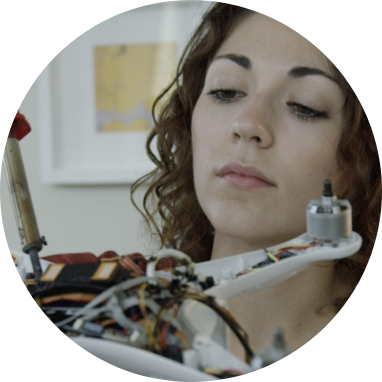
OUR METHODOLOGY
As a community and program founded by Black women scientists, we apply an experimental approach to our programming. Our hypothesis driven approach to engaging our audience is based on empirical research on supporting under-represented identities in STEM and social justice endeavors to liberate.
This experimental approach was published in 2021 as the Intersectional Scientific Method (ISM). To learn more about our praxis, read our first peer-reviewed publication: “Defining the Flow—Using an Intersectional Scientific Methodology to Construct a VanguardSTEM Hyperspace”.
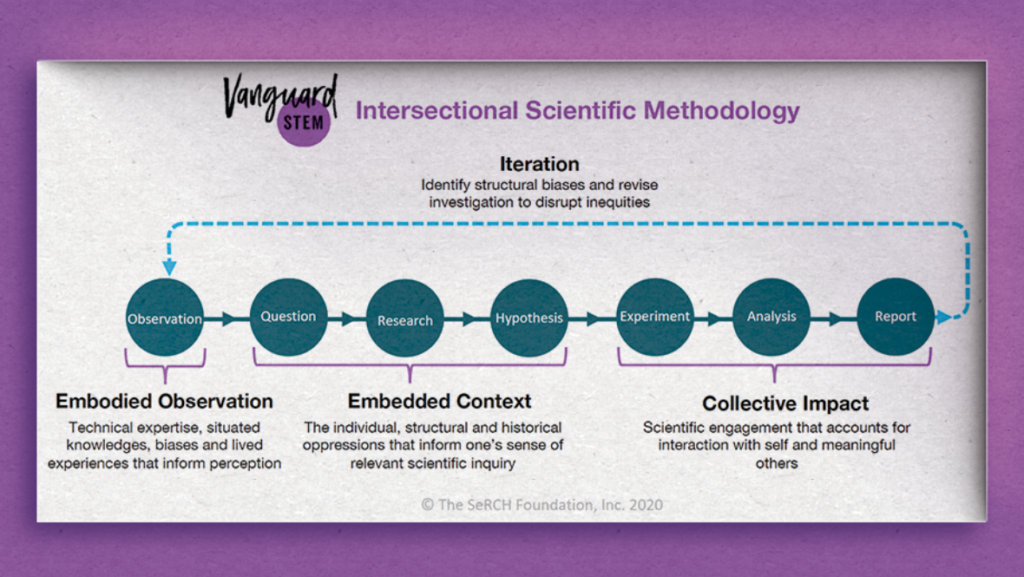
OUR TEAM

Jedidah Isler, Ph.D.
Founder of #VanguardSTEM
(Astrophysics)
Read BioProfessor Isler (she/her) is an assistant professor of astrophysics at Dartmouth College. She has been recognized as a TED Fellow, TED Senior Fellow, National Geographic Emerging Explorer, Kavli Fellow and Scialog Fellow for her innovative research and efforts to inspire a new generation (and encourage an existing heritage) of STEM leaders from underrepresented backgrounds. She has been featured in various publications including Wired, Diversity in Action, Ebony, NPR:CodeSwitch, and The Crisis Magazine and her writing has appeared in the New York Times. As a speaker, Dr. Isler works with schools, museums, libraries, and nonprofit organizations across the country to advance the cause of truly inclusive STEM engagement and has established herself as a champion of access and empowerment in STEM education from middle school and beyond.
Dr. Isler has currently taken a leave of absence from #VanguardSTEM to serve as the Principal Assistant Director for Science and Society at the White House Office of Science and Technology Policy (OSTP).
Read more about Dr. Isler here.

Anicca Harriot, Ph.D.
Chief Executive Officer
(Biochemistry & Molecular Biology)
Read BioDr. Anicca Harriot, PhD (she/her) is a postdoctoral fellow at Johns Hopkins University. She received her Ph.D. in Biochemistry and Molecular Biology at the University of Maryland, Baltimore. Her work focuses on developing 3D engineered muscle tissues modeling cardiac and skeletal muscle deficiencies in muscular dystrophy, aging, and spaceflight. Using these models, some of which are flown aboard the International Space Station, Dr. Harriot investigates disease progression to enable a “clinical trial-on-a-chip” platform to test novel therapeutics to improve astronaut health and clinical outcomes. Outside of the lab, Dr. Harriot is a fierce advocate for equity in STEM education. Dr. Harriot’s work has been recognized at the national and international level, affording her the opportunity to speak before the United Nations about increasing access to STEM education for women and girls. In addition to various podcast guest appearances and news publications, Dr. Harriot’s passion for advocacy and prominent influence as a science communicator has also led her to being recognized as one of Motherboard’s 2017 Humans of the Year, a 2017 Young Futurist for The Root, and as a 2020 President’s Fellow at the University of Maryland, Baltimore.

Arianna Long, Ph.D.
Chief Programing Officer
(Astrophysics)
Read BioDr. Arianna Long (she/they) is currently a professor at the University of Washington, Seattle in the Department of Astronomy. She uses telescopes on the ground and in space to understand the birth and evolution of the most massive galaxies in the early Universe. Dr. Long achieved her Bachelor’s of Science in Applied Mathematics from Towson University, MD, spent some time as a data analyst in the consulting industry, then returned to higher education to achieve her M.S. in Physics in the Cal State University, Los Angeles’s NASA DIRECT-STEM program. Dr. Long continued on to achieve her doctoral degree in physics and astronomy as a Eugene Cota Robles Fellow and Ford Foundation Fellow at the University of California, Irvine, then did her postdoctoral training as a NASA Hubble Postdoctoral Fellow at the University of Texas at Austin. Her research has been featured in Scientific American, Astrobites, the Parsing Science Podcast, and more. For her writing, she was recently awarded the National Academies of Science Excellence in Science Communication Award and featured in the 2022 Best American Science and Nature Writing book compilation. In addition to her research, Dr. Long is a mentor and leader, having founded and led several mentoring programs to support marginalized scientists such as PACE@UCI and the Guerrilla Mentoring initiative at VanguardSTEM. As Chief Programming Officer of #VanguardSTEM, Dr. Long develops and leads radical mentoring initiatives to support gender minorities of color in STEM.

Geraldine Ezeka, Ph.D.
Director of Funding
(Biochemistry & Molecular Biology)
Read BioGeraldine Ezeka, Ph.D. (she/her) obtained her Ph.D. in Biochemistry and Molecular Biology at the University of Maryland, Baltimore. She is passionate about entrepreneurship/venture creation and uplifting women of color in the biotech/biopharma ecosystem. Based in Boston, she is a co-founder of Fuel the Kids. This community organization serves youth in underserved communities in Baltimore. Geraldine was the founding Executive Vice President of Culture for biotech-centered nonprofit, Nucleate. Outside of VanguardSTEM, she works as an Associate at a venture creation firm interested in innovative bio platform company building, music/arts, and venture capitalism. Ask her about music/art show production!
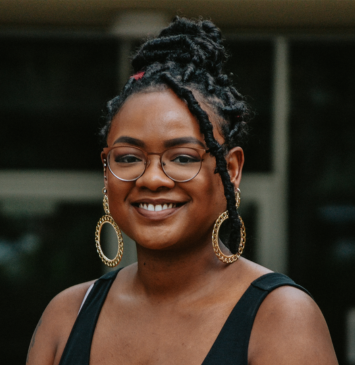
Teisha King, Ph.D.
Operations Coordinator
(Animal Behavior and Neuroscience)
Read BioDr. Teisha King (she/her) is the Education Program Coordinator for a NSF-funded research training program, RaMP (Research and Mentoring for Postbaccalaureates) at the University of Connecticut. RaMP offers a yearlong training experience for recent graduates, with a primary focus on first-generation students, those lacking research experience, individuals from universities with limited resources, and those from groups underrepresented in STEM. Prior to joining UConn, Dr. King received her Ph.D from Louisiana State University in animal behavior and neuroscience. Her research focused on the interactions between physiology, behavior and neural process that mediate changes in behavior during sickness. She is also interested in phylogenetic methods and is designing a R package called ACME (Assessing and Comparing Models of Evolution), a preemptive test that can be used to identify regions of phylogenies that don’t follow typical patterns of evolution seen in Brownian Motion or Ornstein-Uhlenbeck models. Originally from Baltimore, MD, Dr. King completed her undergraduate career at the University of Maryland Baltimore County, where she was a Meyerhoff scholar. Serving as the Operations Coordinator for VanguardSTEM allows Dr. King to feed her passions for mentorship, be in community with like-minded individuals, and continue to serve as an advocate to increase levels of diversity in the STEM field.
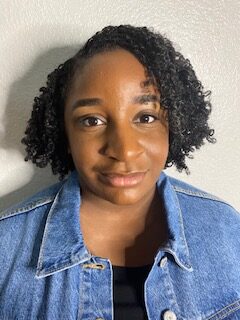
Kenna Klass, M.S.
Program Coordinator
(Education)
Read BioKenna’s role as the Program Coordinator for VanguardSTEM allows her to champion creating spaces and resources for underrepresented communities in STEM to be seen, heard, understood, and valued. Kenna loves using data to create more welcoming and inclusive spaces in addition to finding more liberatory approaches to engineering and other STEM disciplines. As both an engineer and STEM Education researcher, Kenna loves to bridge these two disciplines with her research interests in Black womxn’s experiences in engineering, critical quantitative and qualitative methodologies for evaluating STEM programs, Black engineering professional’s agency, and how groups and organizations reimagine STEM for liberatory purposes.
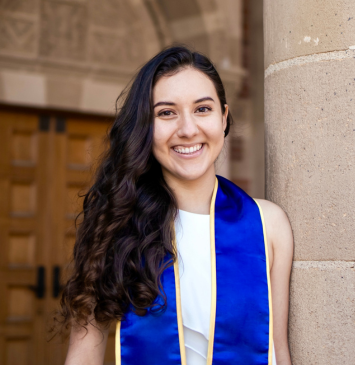
Lupita Valencia, B.S., B.A.
Digital Curation Coordinator
(Neuroscience and Chicano/a Studies)
Read BioLupita Valencia received her BS in Neuroscience and BA in Chicano/a Studies from UCLA. She completed a post-baccalaureate research program at Tufts University, which then led her to pivot into science communication. Currently, Lupita is a Research Analyst for Riverside County's Department of Public Health, focusing her talents within the Health Equity Communications Team. She is driven by a hunger to create sustainable impacts alongside an unwavering commitment to equity both in the world of science and outside of it.
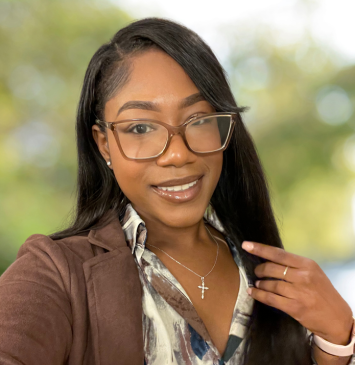
Ruchael McNair, c.Ph.D.
Community Features Coordinator
(Neuroscience)
Read BioRuchael McNair (she/her) is a Ph.D. candidate in Neuroscience at the University of Maryland, Baltimore. Her research focuses on understanding the molecular and biophysical consequences of genetic diseases that alter the function of ion channels in the heart and brain. Ruchael obtained her bachelor's and master's degree in Psychology and is passionate about mental health and representation for individuals of color in STEM. Outside of VanguardSTEM, Ruchael enjoys participating in various outreach activities in Baltimore that promote community and encourage diversity in science at all ages. She is also an arts and music lover and enjoys going to museums and concerts in her free time.
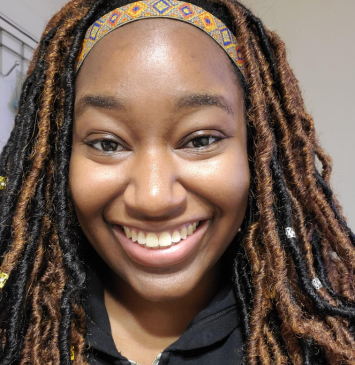
Rachel Nere, B.S.
Community Development Coordinator
(Physics)
Read BioRachel Nere is a Physics PhD student and GEM Fellow at the Georgia Institute of Technology. Her area of research is within the realms of astrophysics. She obtained her BS in Physics with a minor in English and a certificate in quantum information from the University of Massachusetts Boston. After being admitted into graduate school, she became Associate Zone Councilor for Zone 1 and Associate Zone Representative on the Executive Committee of Society of Physics Students (SPS) National for 2023-2024. She has been a part of the VanguardSTEM (VS) community for a few years and was one of the recipients of the Hot Science Summer Grant, where she used the funding to go to the Maria Mitchell Observatory in Nantucket MA. She is now the Community Development Coordinator and plans to continue connecting others to VS while continuing to help bring safe spaces to underrepresented minorities STEM.
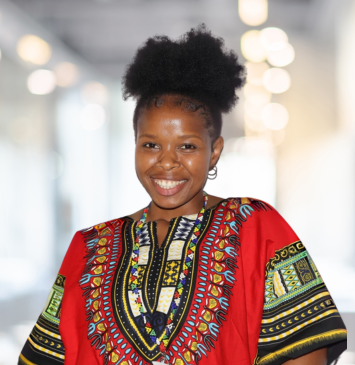
Lusanda Tamesi, B.A.
Social Media Coordinator
(Journalism and Media Studies)
Read BioLusanda Tamesi (she/her) is a Journalism and Media Studies graduate with additional qualifications in Science Communication from Stellenbosch University, South Africa. She has held the role of Stakeholder Engagement Officer at the African Science Stars Publication (ASSAP), an initiative under the African Astronomical Society (AfAS), where she collaborated with schools, government officials, astronomers, and science communicators across Africa to support STEM projects across the continent. Driven by a passion for storytelling, climate action, and amplifying Black voices in science, Lusanda actively seeks to engage diverse audiences in these fields. Beyond her professional commitments, she has a keen interest in skincare and regularly attends fashion shows, with Afrogrunge as her designer of choice.
❤ FOREVER SQUAD ❤ FOREVER SQUAD ❤ FOREVER SQUAD ❤ FOREVER SQUAD ❤ FOREVER SQUAD ❤ FOREVER SQUAD ❤ FOREVER SQUAD ❤ FOREVER SQUAD ❤ FOREVER SQUAD ❤ FOREVER SQUAD

Natasha Berryman
Read BioNatasha played many roles during her time at #VS including graphic designer, creative director, editor, writer, thought partner and chief of creative strategy. She helped to curate, write, design and edit virtually everything we did between 2016-2019. You can find some of her work by clicking below.

Léolène Carrington, Ph.D.
Read BioLeo is one of the warmest and sharpest people you’ll meet. During her time with #VS between 2017-2020, she helped to streamline our engagement with our #WCWinSTEM features and infuse that process with kindness and hospitality. You can find some of her work by clicking below.

Chrystelle Vilfranc, Ph.D.
Read BioChrys is a strategic thinker and a world changer. As digital curator, she conceived of and popularized #WCWinSTEM feature series and a very well-received mental health series specifically for women of color and non-binary people of color in STEM, all while helping build #VS during 2016-2020. You can find some of her work by clicking below.

Marie Sgouros, B.A.
Read BioMarie Sgouros (They/Them) obtained their BA in Economics and Mathematical Sciences at Barnard College, Columbia University. They are passionate about digital equity, tech for good, and uplifting LGBTQ+ BIPOC voices in STEM spaces. Based in Baltimore, Maryland, they are a lifetime Girl Scout and co-founder of English Kids to Kids and Bridging Cultures, a peer-to-peer summer program for refugee and immigrant kids. Outside of VanguardSTEM, they are a tech product manager interested in startups and venture capitalism. Ask them about their dog, Effie.
PAST FUNDERS


